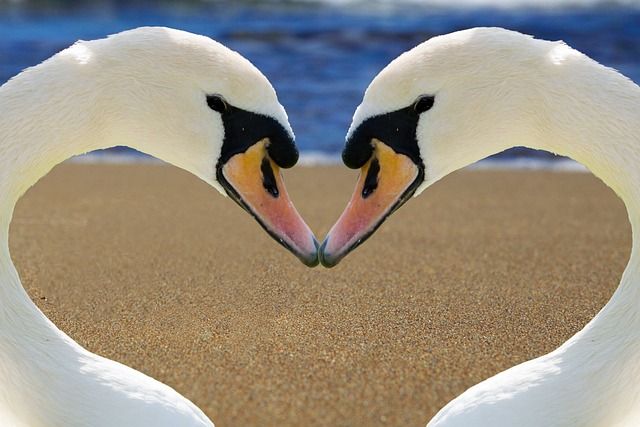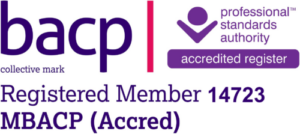
TRUST.
What does the word mean to you? Who in your life do you trust? Your best friend, your partner, yourself? How do you cultivate trust? And what happens when your trust is broken?
An Essential Ingredient
As theories on attachment and human development have shown, the capacity to form healthy, well functioning adult relationships largely depends upon experiencing secure trusting relationships in early life. It is the essential ingredient required for any relationship to flourish, grow and survive. Whereas feelings of love or adoration can seem to spontaneously arise with little effort, for these feelings to take root and develop into a significant connection with another, they need to be accompanied with a deep level of trust. In addition these early trusting relationships helps us foster an embodied sense of inner safety and confidence in ourselves.
The word trust comes from the old Norse word traust meaning confidence, security, help, shelter, safe abode. Looked at from this perspective, we can take it to mean a strong embodied and felt sense of psychological and physical safety in the company of another or with ourselves.

When we feel trusting in the presence of another, we are more likely to be open and honest with them, to be able to communicate well and to feel that they have our back, that they will protect and support us. We have a greater relational depth and intimacy with that person.
When we feel trusting in ourselves, we have an enhanced sense of confidence, of optimism and of resilience. We have faith in our capacity to make wise decisions for ourselves that are grounded in body, mind and intuition and we are able to be forgiving of our perceived ‘mistakes’ without falling into cycles of self criticism and blame.
And when we feel trusting in the world around us, it fosters bravery and encourages us to take appropriate risks. It allows us to be open to and pay attention to opportunities that make their presence known to us, even in the subtlest of ways.
When trust falls apart
But what happens when our trust is damaged or even shattered completely? Betrayal in all its forms can be felt viscerally. Our nervous system lifts into fight/flight and we may feel bowled over in our confusion, at sea with our emotions. We can feel ourselves physically contracting, withdrawing from the world. Like a kick in the stomach it is as though, the ground has fallen away from under our feet.

This can even impact other relationships and our view of the world. We may develop anxiety, depression and a strong sense of alienation. We may end up questioning everything we have ever believed in, even experience shame and self blame for being ‘stupid enough’ to trust in the first place. If the betrayal comes from someone we have loved deeply, our ability to love again, to connect in the future can be severely impaired. And if we previously held some kind of spiritual faith, that too may be shaken.
For some people, without those childhood relational experiences of safety, developing trust is highly challenging and engaging in any kind of intimate relationship with another can seem impossible. Which may explain why somebody may ‘choose’ to remain aloof from others, isolated, perceiving the world as inherently hostile and unsafe and having no solid safety net to rely upon. In these circumstances, it is not difficult to see why addictions may arise, why a life of repeated traumas may manifest and how a deep sense of isolation and loneliness can be experienced.
A Safe Harbour
There is a naturally arising need in all creatures to seek safety, to feel trusting. As human beings with a need for community, in order to thrive and flourish, we need to have some level of trust in another. Even if we need to dig deep, it is important to hold fast and remind ourselves that cultivating trust is always possible, that we can learn or relearn how to connect safely with another, with the environment and with ourselves.

When trust is broken or even non-existent, taking the first baby step to commit to building trust in another becomes an act of faith that can change everything. Whether with a friend, a family member or a therapist opening our heart just a little helps us begin to reset our whole body mind system towards health and happiness. The most potent and empowering part of any therapeutic relationship is the relationship itself. This can gently and slowly show us how things can be different, how our previously held beliefs around ourself and others can shift so that we can open up to the enormous benefits that connection with another brings us.
Begin with You
But in order to do that, we have to start with ourselves. To have the faith and trust in ourselves that we can survive all past experience no matter how hard. In Yoga practice, on our mat, we can learn to trust in our body, in our breath and lessen our identification with mind and thinking that is the cause of all our suffering. We can study Yoga philopophy, set intentions and let go of previously held belief systems. Aside from the more frequently taught asana and pranayama practices of Yoga we have an array of others including mantras, mudras, visualizations and meditations that can help us move beyond our conditioned ways of being and thinking. This then slowly and gently allows us to be open to the idea that change is possible and happiness can replace pain.
Trust can be grown at any stage in life. If you are struggling with trust issues today, I encourage you to breathe deep and reach out just a little. And I leave you with these words:
“May today there be peace within. May you trust that you are exactly where you are meant to be. May you not forget the infinite possibilities that are born of faith in yourself and others….and allow your soul to sing, dance, praise and love. It is there for each and every one of us”. Teresa of Avila.





